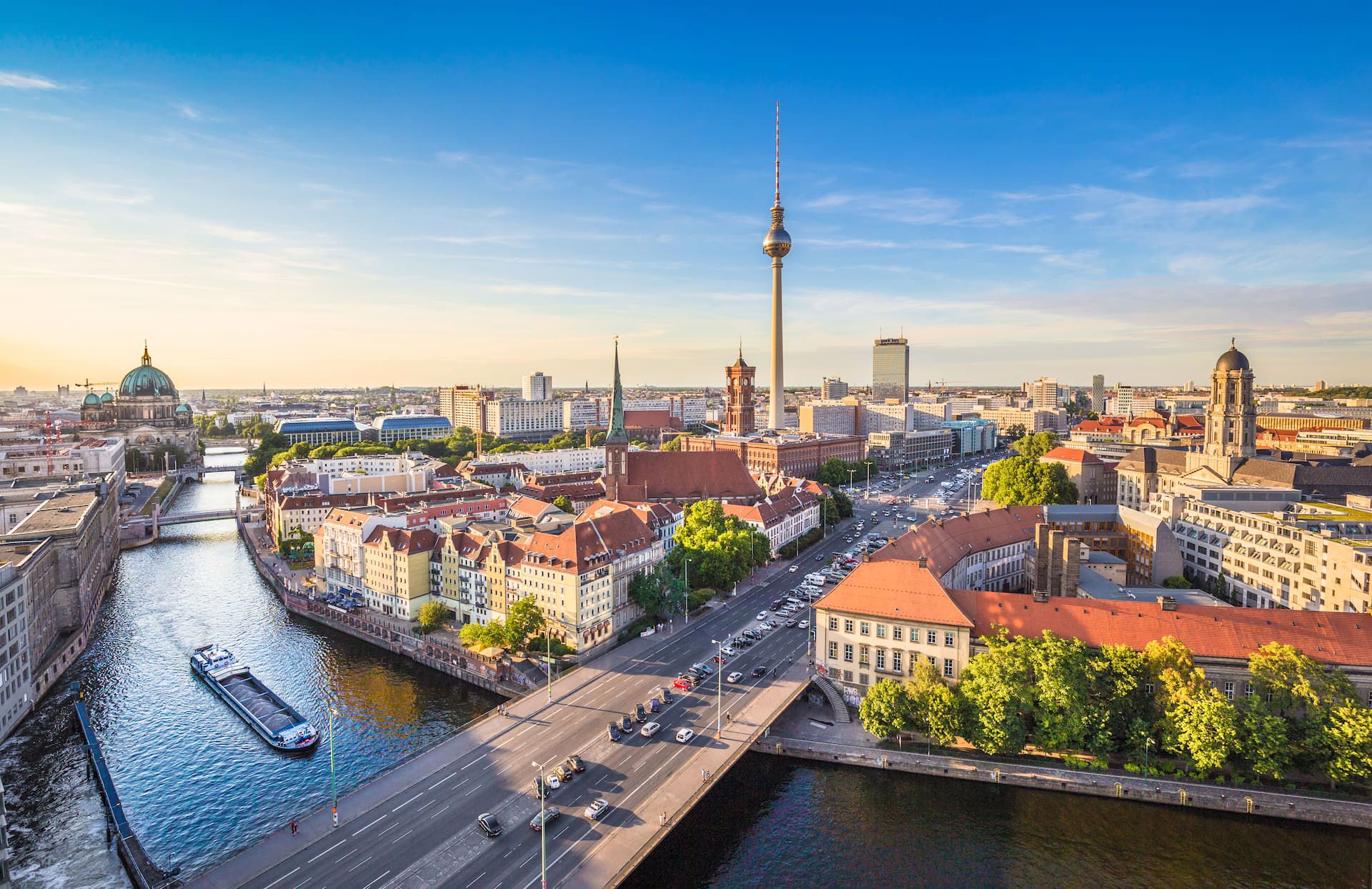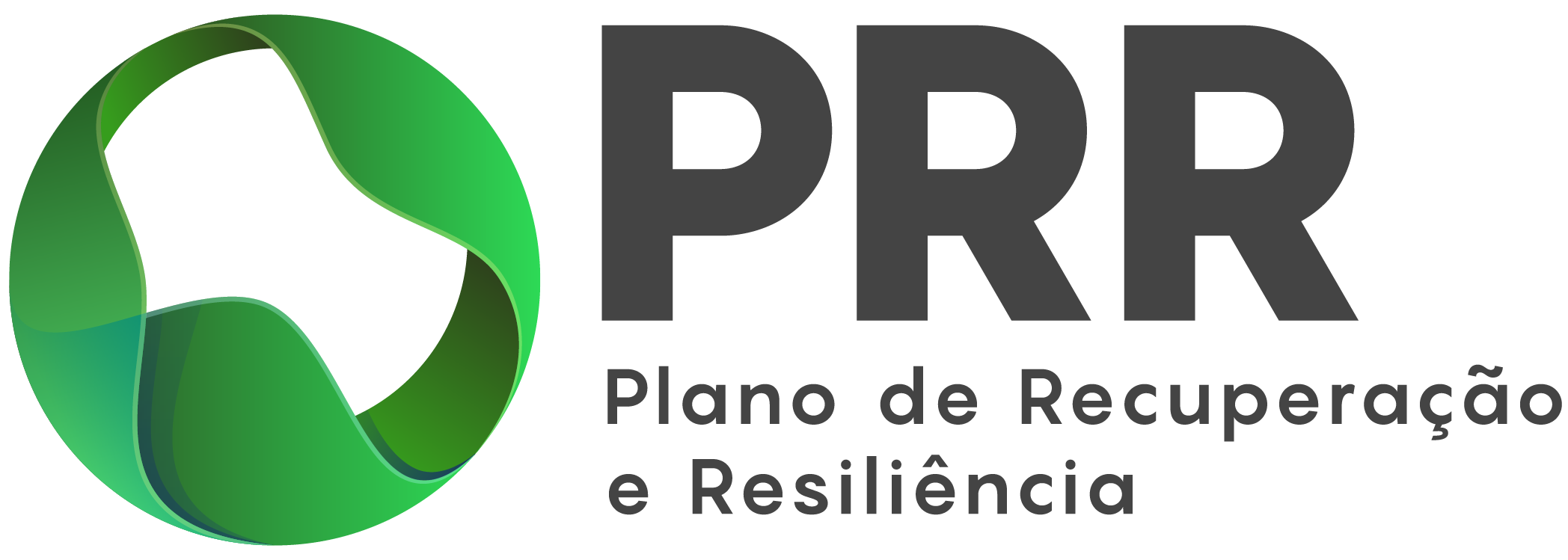Few developed countries have undergone such significant socio-economic changes as Germany in recent years. After decades of commitment to the energy transition promoted by former Chancellors Schröder and Merkel, particularly through a strong focus on renewable energy, and several years of Zeitenwende – a historic sense of urgency for change proposed by the current Chancellor Scholz – we now arrive at a new reality.
The next Chancellor, Friedrich Merz, seeks a way out of the three excessive dependencies that have put Germany’s societal structure to the test: excessive dependence on Russia for energy, excessive reliance on an export-driven economic model with significant exposure to China, and over-dependence on the US for defence. The key topics now under discussion include areview the debt brake, which limits borrowing to 0.35 per cent of GDP, and the special funds for investment in infrastructure and defence. Analysts refer to this as a veritable “budgetary revolution.”
The sentiment among businesses in Germany remains a mixture ofscepticism and caution. The Ifo Business Climate Index remained unchanged at 85.2 points in February, but expectations improved slightly. The German economy is waiting to see how the situation unfolds, particularly whether this will be the year of recovery after two years of economic contraction.
In the manufacturing sector, the business climate improved. Although the current situation was assessed as slightly worse, companies were noticeably less pessimistic about the coming months. Order books stabilised.
Read the full article.
By Rui Boavista Marques, Director of AICEP in Germany




